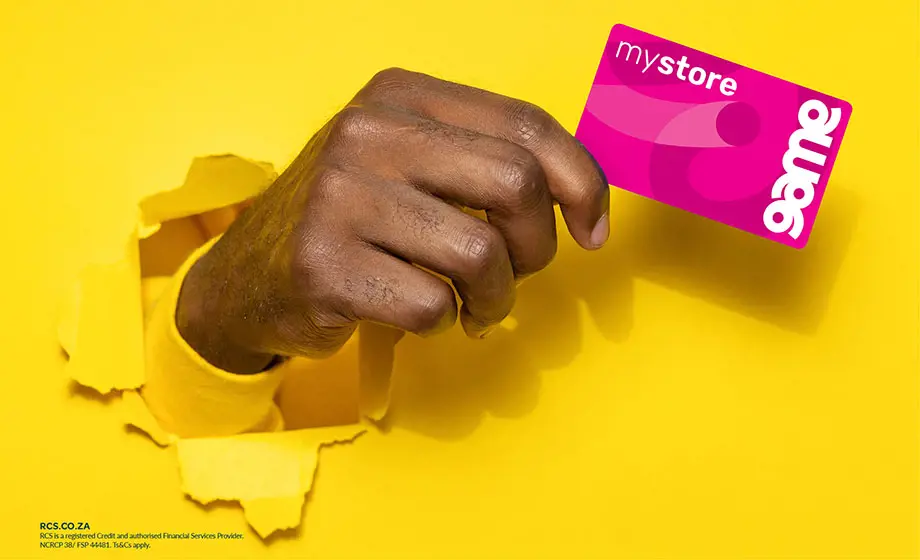Unexpected money lessons from different fields
25 AUGUST 2023
Three people from different professions share the money lessons they’ve learnt along the way. More often than not, the best way to learn something is through experience. And while there isn’t one way to handle your money, it can be useful to hear what is working for other people.
More often than not, the best way to learn something is through experience. And while there isn’t one way to handle your money, it can be useful to hear what is working for other people.
LEARN HOW TO MANAGE AN UNSTABLE INCOME
“A freelance writer – like any small business owner – has good months and bad months,” says Mark van Dijk, who became a full-time freelancer a few years ago. “I’ve learned to take a project management approach to my income, balancing it out over three-month periods. That way, if June is a slow month I’ll (hopefully!) have May and July to cover me. After my first-ever freelance gig, my dad (an accountant) said to me: ‘Son, you’re about to learn the difference between an invoice and a cheque.’ Ninety unpaid days later, I understood what he meant. My work is all about tight deadlines and quick turnarounds. Yet some clients aren’t quite as urgent when it comes to payments. You have to plan your finances based on cheques, not invoices.”
USE PERCENTAGES TO MEET YOUR GOALS
“In the restaurant business, I managed the finances in ratios,” says entrepreneur Ryan New. For example, each expense is a percentage of the restaurant’s income and as long as this ratio remained the same, I knew that I would make it through each month. I would monitor this ratio daily and it helped me make decisions like whether I could add a new staff member to improve service.” You can apply the same principle to your personal budget. It might seem reasonable to spend R1 000 on groceries but if that is 40% of your income, then you’re probably spending too much. Using simple budget percentages can help you improve your financial situation.
EDUCATE YOURSELF ABOUT HANDLING YOUR OWN MONEY
Stephanie Hendricks is a software developer who worked in a permanent position at her first job before becoming a contractor. “As a contractor, you don’t get the benefits of paid leave, a retirement fund and medical aid but on the other hand, you do get total control of your money. And no one will ever care about your money as much as you do. I’ve watched my colleagues lose quite a bit of their retirement funds when the markets take a dip, so I’ve invested in property and started a tax-free savings account.” It requires more work to figure things out on your own but the more you know, the less you have to trust someone else to do it for you. You’ll also be able to pick up if something they’re doing doesn’t seem right.



